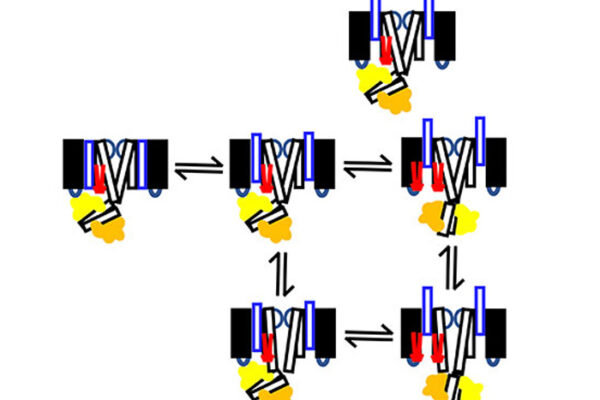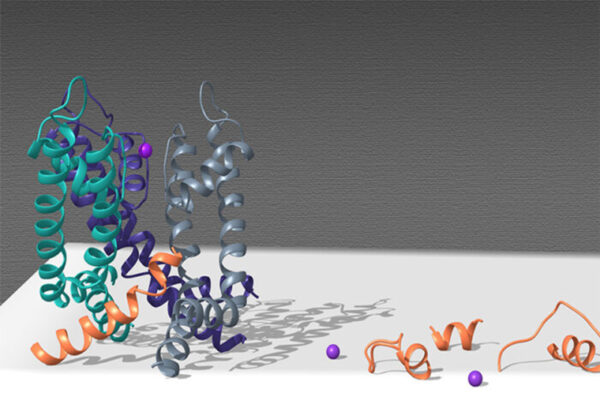Epilepsy is a neurological disorder that arises from abnormal electrical activity in the brain leading to seizures. These seizure events can have a variety of causes, including genetic variants in a family of proteins that regulate potassium ions in the brain. Researchers at Washington University in St. Louis have led an international team to take a close look at the mechanisms behind the function and dysfunction of these proteins, as well as their interactions with an anti-epileptic drug, to develop a potential new strategy to treat epilepsy.

Jianmin Cui, a professor of biomedical engineering at the McKelvey School of Engineering, and Nien-Du Yang, a doctoral student who conducts research in Cui’s lab, teamed up with Harley Kurata, associate professor of pharmacology at the University of Alberta, and investigated the working mechanism of two potassium ion channels, KCNQ2 and KCNQ3. Their findings uncovered a conserved mechanism for KCNQ channel activation that is a target of both epilepsy-linked mutations and a small molecule compound.
The work was published July 20 in Science Advances. Read more on the engineering website.



Comments and respectful dialogue are encouraged, but content will be moderated. Please, no personal attacks, obscenity or profanity, selling of commercial products, or endorsements of political candidates or positions. We reserve the right to remove any inappropriate comments. We also cannot address individual medical concerns or provide medical advice in this forum.